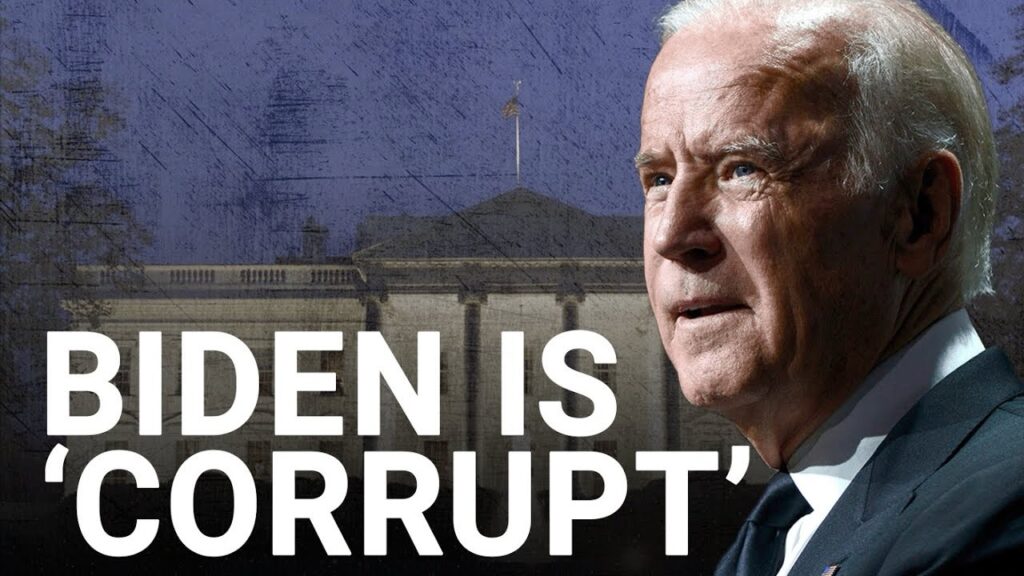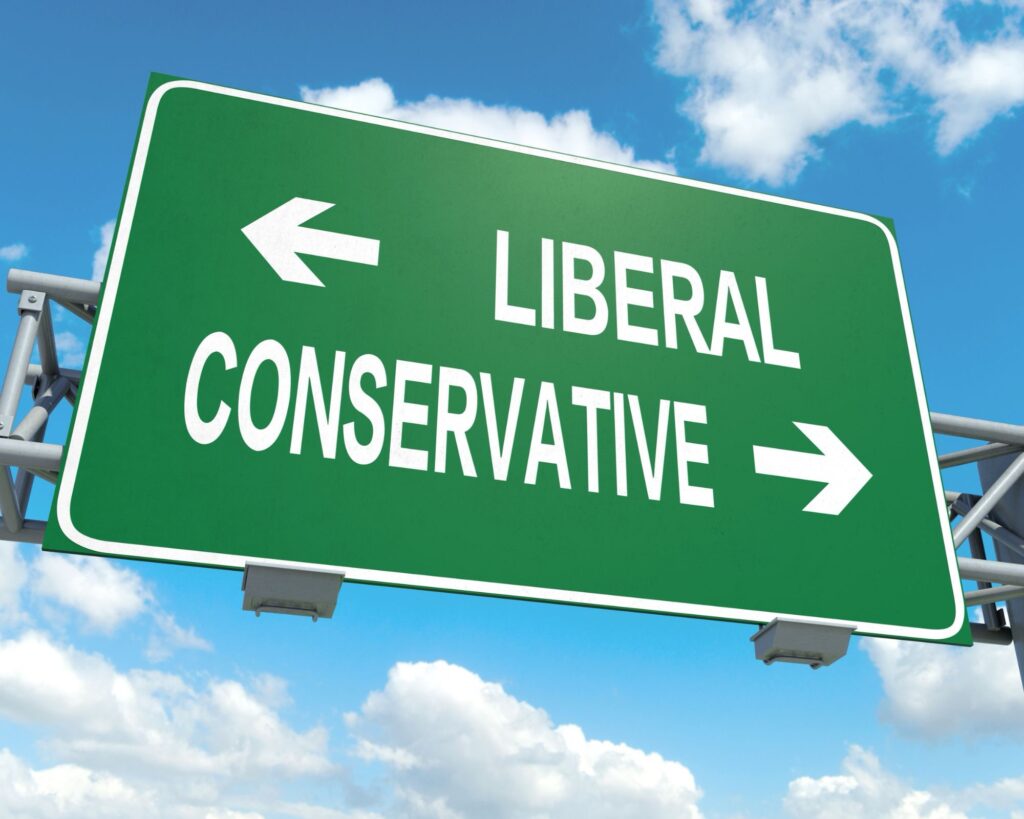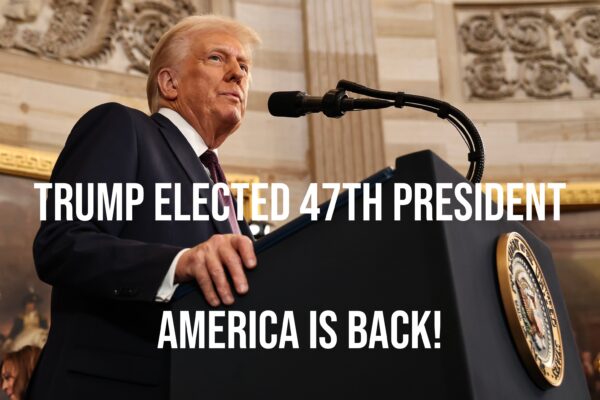
In today’s heated political climate, the conversation around financial responsibility and fairness is more polarized than ever. At the heart of this debate lies a contentious issue: the comparison between loan repayments by individuals, exemplified by high-profile figures like Donald Trump, and the sweeping student loan forgiveness proposed under the Biden administration. This discussion isn’t just about numbers on a balance sheet; it’s a reflection of deeper values and principles that define our nation’s approach to personal responsibility, government intervention, and the role of taxpayers in funding policy decisions.
From a conservative standpoint, the principle of personal responsibility is sacrosanct. It’s the bedrock upon which many of our nation’s ideals are built. When Donald Trump, a businessman and former president, takes out a loan and repays it with interest, it’s seen not just as a financial transaction but as a fulfillment of a contractual and moral obligation. This action aligns with the conservative value of honoring one’s commitments, whether they be personal, professional, or financial.
Contrast this with the current administration’s approach to student loan forgiveness. The proposal to erase student debt en masse and shift the financial burden onto taxpayers has sparked a fierce debate about fairness and the proper role of government in personal finance. Critics argue that such policies not only undermine the principle of personal responsibility but also place an unfair tax burden on those who have either paid off their own loans through hard work and sacrifice or chosen not to attend college to avoid debt altogether.
This article aims to explore these complex issues from a conservative Republican perspective, emphasizing the importance of financial fairness and responsibility. We’ll delve into the implications of student loan forgiveness for taxpayers, the legal and political precedents it sets, and the long-term economic impacts of such policies. Moreover, we’ll discuss alternative solutions that align with conservative values, offering a path forward that respects the principles of independence, self-reliance, and fiscal responsibility.
As we navigate this discussion, it’s crucial to remember the foundational American values celebrated in our national history and holidays. The spirit of independence and self-reliance is a thread that runs deep in our national fabric, celebrated each Fourth of July. Why Is the Fourth of July Such an Important Holiday? reminds us of the significance of these values, grounding our conversation in the principles that have shaped our nation from its inception.
In the following sections, we’ll unpack the debate over loan repayment versus forgiveness, examining the broader implications for our society and economy. Stay with us as we explore this critical issue through the lens of conservative thought, seeking solutions that uphold our shared values of fairness and responsibility.

The Foundation of Financial Responsibility
In the conservative worldview, financial responsibility isn’t just a personal virtue; it’s a cornerstone of societal stability and prosperity. This principle dictates that individuals are primarily responsible for their financial decisions, including the accumulation and repayment of debt. It’s a concept that extends beyond mere numbers, touching on the moral fibers of accountability and self-reliance.
Upholding Contractual Obligations
At the forefront of this discussion is the act of fulfilling one’s financial obligations. Take, for example, Donald Trump’s approach to loans. As a businessman, Trump has navigated the complex waters of finance, taking out loans for various ventures and repaying them within the agreed terms. This practice is not just a legal necessity but a reflection of a broader commitment to honor agreements—a value deeply ingrained in conservative philosophy.
The conservative argument posits that if individuals like Trump are held to these standards, shouldn’t the same principles apply across the board? The issue at hand with student loan forgiveness, as seen through this lens, is not just about the financial implications but about the message it sends regarding contractual obligations. The concern is that forgiving loans en masse may inadvertently undermine the ethos of personal responsibility, suggesting that agreements can be renegotiated or nullified based on changing political winds.
The Role of Government
Another critical aspect of this debate is the role of government in managing or intervening in personal financial matters. Conservative thought often champions minimal government interference, arguing that the state’s role should be limited to creating conducive environments for personal and economic freedom to flourish. The question then arises: does the government’s action to forgive student loans overstep this boundary, shifting from a facilitator of opportunity to a direct actor in personal financial decisions?
This perspective is not just about maintaining fiscal conservatism but about preserving the freedom of choice and the sanctity of individual agreements. It raises concerns about the precedent such policies set for future government involvement in personal finances and the potential long-term impacts on the nation’s fiscal health and moral compass.
Financial Fairness and Taxpayer Burden
Central to the conservative critique of student loan forgiveness is the concept of financial fairness. The argument goes beyond the immediate economic ramifications, delving into the fairness of burdening taxpayers with the cost of loan forgiveness. This includes those who have diligently paid off their own loans, those who chose alternative educational paths to avoid debt, and future generations who will bear the fiscal consequences.
The discussion around financial fairness is not just about the numbers; it’s about the values we as a society endorse. “Taxed Enough Already: The Real Cost of International Aid” explores similar themes, questioning the equity of imposing additional financial burdens on taxpayers to fund policies or programs from which they may not directly benefit.
In the next section, we’ll further explore the implications of student loan forgiveness, particularly its impact on taxpayers and the broader economic and moral questions it raises. As we delve deeper into this issue, it’s essential to remember the foundational conservative values of responsibility, fairness, and minimal government intervention, guiding our exploration of alternative solutions to the student debt crisis.

Analyzing the Impact of Student Loan Forgiveness
The Biden administration’s student loan forgiveness initiative has sparked a significant debate, highlighting a divide in how Americans view the role of government in personal finance. From a conservative standpoint, this policy raises concerns about the principles of fairness, the burden on taxpayers, and the long-term consequences for the nation’s fiscal health.
The Taxpayer Burden
At the heart of the conservative argument against widespread student loan forgiveness is the issue of the taxpayer burden. The question arises: Is it fair for taxpayers, many of whom have either paid off their own student loans or chosen paths that didn’t involve taking on debt, to now bear the cost of others’ loans? This concern extends beyond the realm of higher education into broader discussions about the role of government in redistributing wealth and the implications for personal responsibility.
“Taxed Enough Already: The Real Cost of International Aid” delves into similar concerns, questioning the fairness and sustainability of policies that place additional financial burdens on taxpayers. The parallels between international aid and student loan forgiveness highlight a broader conservative apprehension about government spending and its impact on individual taxpayers.
Economic and Moral Implications
Beyond the immediate financial implications, the policy of student loan forgiveness is seen by some as setting a precarious precedent. There’s a fear that it could undermine the value of personal responsibility, a cornerstone of conservative philosophy. If loans can be forgiven en masse, what does this say about the importance of honoring one’s commitments? Moreover, there are concerns about the message this sends to future generations about debt and responsibility.
The economic implications are also significant. Critics argue that forgiving billions in student debt could exacerbate the national debt, affecting the country’s fiscal health and economic stability. The long-term consequences might include higher taxes, reduced government services, and a burden passed on to future generations.
Seeking Alternative Solutions
Given these concerns, many conservatives advocate for alternative approaches to addressing the student debt crisis. Ideas include reforming the higher education system to make it more affordable, promoting vocational and technical education as viable alternatives to traditional four-year degrees, and enhancing financial literacy education to help students make informed decisions about borrowing for college.
These alternatives aim to tackle the root causes of high student debt levels without resorting to mass forgiveness, aligning with conservative values of personal responsibility, limited government intervention, and fiscal prudence.
In the next section, we will explore the importance of upholding contractual obligations and the role of government in personal debt, further examining how these principles apply in the context of student loan forgiveness and financial policy. As we continue, it’s crucial to remember the conservative perspective values solutions that empower individuals and promote a fair, responsible approach to financial management.

The Importance of Upholding Contractual Obligations
In the conservative ethos, a deal is a deal. Whether it’s a business loan, a mortgage, or a student loan, the principle remains the same: when you sign on the dotted line, you’re making a commitment. This commitment isn’t just to the lender; it’s a personal pledge to fulfill your obligations. The case of Donald Trump repaying his loans is often cited as an exemplar of this principle in action. Despite the myriad challenges and complexities of business, the commitment to repay debts is seen as non-negotiable.
This perspective underscores a broader concern with student loan forgiveness: it could potentially erode the sanctity of contractual agreements. If the government can step in and erase debts, what does this say about the value of a person’s word and the importance of financial commitments? It’s a slippery slope that, from a conservative viewpoint, could lead to a devaluation of personal responsibility and a culture of expectation that debts need not be taken seriously.
The Role of Government in Personal Debt
Conservatism traditionally advocates for a limited government role in the lives of individuals, particularly in financial matters. The idea is that the government should not act as a safety net for personal financial decisions, as this could encourage risky behavior and undermine the principles of self-reliance and fiscal responsibility. The student loan forgiveness debate brings these concerns to the forefront, challenging the notion of government intervention in personal debt.
From this perspective, the government’s role should be to provide a framework for opportunity, not to absolve individuals of their financial decisions. Policies that encourage fiscal discipline and personal accountability are favored over those that offer a blanket solution to debt. This is not to say that there isn’t sympathy for those struggling with student loans; rather, the focus is on creating conditions that empower individuals to meet their obligations without resorting to government intervention.
Seeking a Balanced Approach
Given these principles, the call from conservative circles is for a balanced approach to the student debt issue. This includes exploring reforms that address the root causes of high college costs, such as administrative bloat in universities and the unchecked rise of tuition fees. Additionally, there’s a push for enhancing financial literacy among prospective college students, ensuring they understand the long-term implications of taking on debt.
“Donald Trump: Deport Illegals, Please Win 2024!”, while focused on a different subject, touches on the importance of adhering to rules and agreements. This same principle applies to the discussion on student loans, emphasizing the need for policies that reinforce the value of commitments and the rule of law.
In conclusion, the conservative viewpoint on student loan forgiveness is deeply intertwined with broader values of personal responsibility, limited government, and the sanctity of contractual obligations. As we navigate this complex issue, the focus remains on finding solutions that uphold these principles, ensuring a fair and sustainable approach to managing student debt.
Next, we will wrap up our discussion, summarizing the key points and reiterating the importance of a principled approach to financial policy that aligns with conservative values.

Upholding Conservative Principles in Financial Policy
The debate over student loan forgiveness versus loan repayment is more than a financial issue; it’s a reflection of deeper values that define our approach to governance, personal responsibility, and societal fairness. From a conservative standpoint, the discussion underscores several critical principles:
Personal Responsibility and Contractual Obligations
The cornerstone of the conservative viewpoint is the emphasis on personal responsibility. The act of taking out a loan is a commitment, not just to the lender, but to oneself, to fulfill an obligation. This principle is fundamental, reflecting a broader belief in the importance of upholding one’s word and meeting one’s commitments. The narrative around Donald Trump’s loan repayments exemplifies this ethos, highlighting the expectation that individuals honor their financial agreements.
Limited Government Intervention
Another key tenet of conservatism is the belief in limited government intervention, particularly in matters of personal finance. The government’s role should be to facilitate opportunities and create an environment where individuals can thrive through their own efforts, not to absolve individuals of their financial decisions. The pushback against student loan forgiveness stems from this belief, advocating for solutions that empower personal responsibility over government dependency.
Seeking Sustainable Solutions
The conservative response to the student loan crisis calls for a balanced, sustainable approach. This includes addressing the root causes of high college costs, promoting alternatives to traditional four-year degrees, and enhancing financial literacy. Such measures aim to tackle the issue at its source, providing long-term solutions that encourage fiscal discipline and informed decision-making.
A Call for Fairness
At the heart of the conservative critique of student loan forgiveness is a call for fairness. Policies that shift the financial burden of loan forgiveness onto taxpayers, including those who have diligently paid off their own loans or opted out of college to avoid debt, raise concerns about equity and justice. The focus is on creating policies that are fair to all citizens, respecting the efforts of those who meet their obligations while providing support in a manner that encourages personal accountability.
As we conclude this discussion, it’s clear that the debate over student loan forgiveness is not just about the specifics of financial policy but about the broader values that guide our society. Upholding principles of personal responsibility, limited government, and fairness is crucial as we navigate this complex issue. By aligning financial policies with these conservative values, we can work towards solutions that respect individual commitments, promote fiscal responsibility, and ensure a fair and prosperous society for all.
In navigating the complexities of financial policy and personal debt, resources like “Why Is the Fourth of July Such an Important Holiday?” remind us of the foundational American values of independence and self-reliance. These principles guide our approach to contemporary issues, ensuring that our policies reflect the enduring spirit of American conservatism.
As an Amazon Associate we earn from qualifying purchases through some links in our articles.



